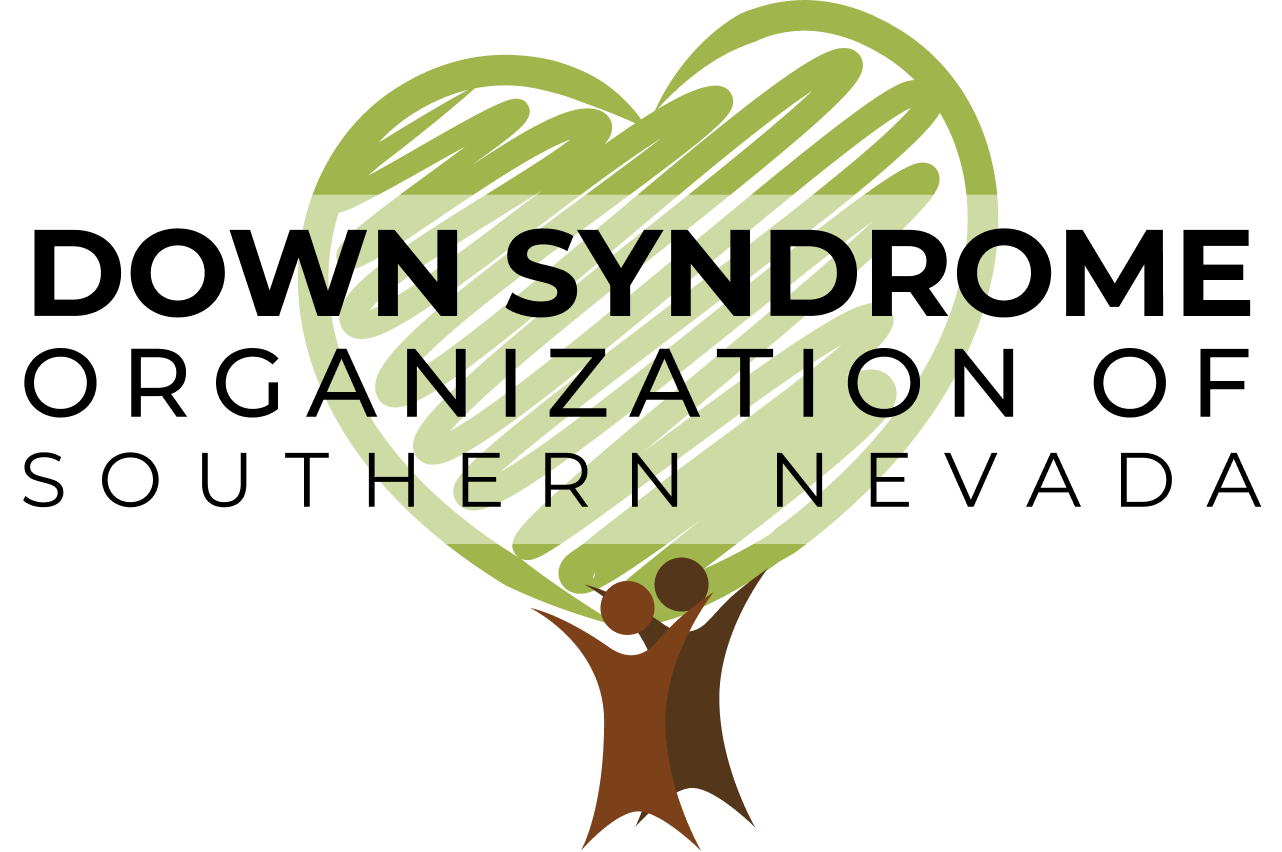— Pulsatile GnRH therapy boosted brain connectivity in pilot study
Regular doses of gonadotropin-releasing hormone (GnRH) boosted cognitive skills in people with Down syndrome (trisomy 21), a pilot clinical trial showed.
Cognitive performance increased in all but one of seven adult men with Down syndrome treated with pulsatile GnRH therapy, a treatment currently used in Kallmann syndrome, according to Vincent Prevot, PhD, of University de Lille in France, and colleagues.
Moreover, interventions that restored GnRH functions reversed olfactory and cognitive defects in Down syndrome mice and in a mouse model of Alzheimer’s disease, Prevot and co-authors reported in Science.
The findings suggest GnRH, a hormone associated with fertility and reproduction, may play a role in olfaction and cognition.
“This is the first study to propose a promising efficient and safe therapy to improve cognition in trisomy 21, though our data have to be validated by a larger-scale randomized clinical trial,” Prevot told MedPage Today.
“The study demonstrates that the GnRH neurons and GnRH could be used by the brain to measure the fitness of the organism and, conversely, that decline in the rhythmic release of GnRH could play a role in the pathophysiology of neurodevelopment disorders and potentially in neurodegenerative diseases in which the loss of olfaction is usually an early sign of the onset of dementia,” Prevot added.
The mouse study data “suggest a similar treatment could be used in patients with Alzheimer’s disease to mobilize their cognitive reserve and improve their well-being,” he said.



